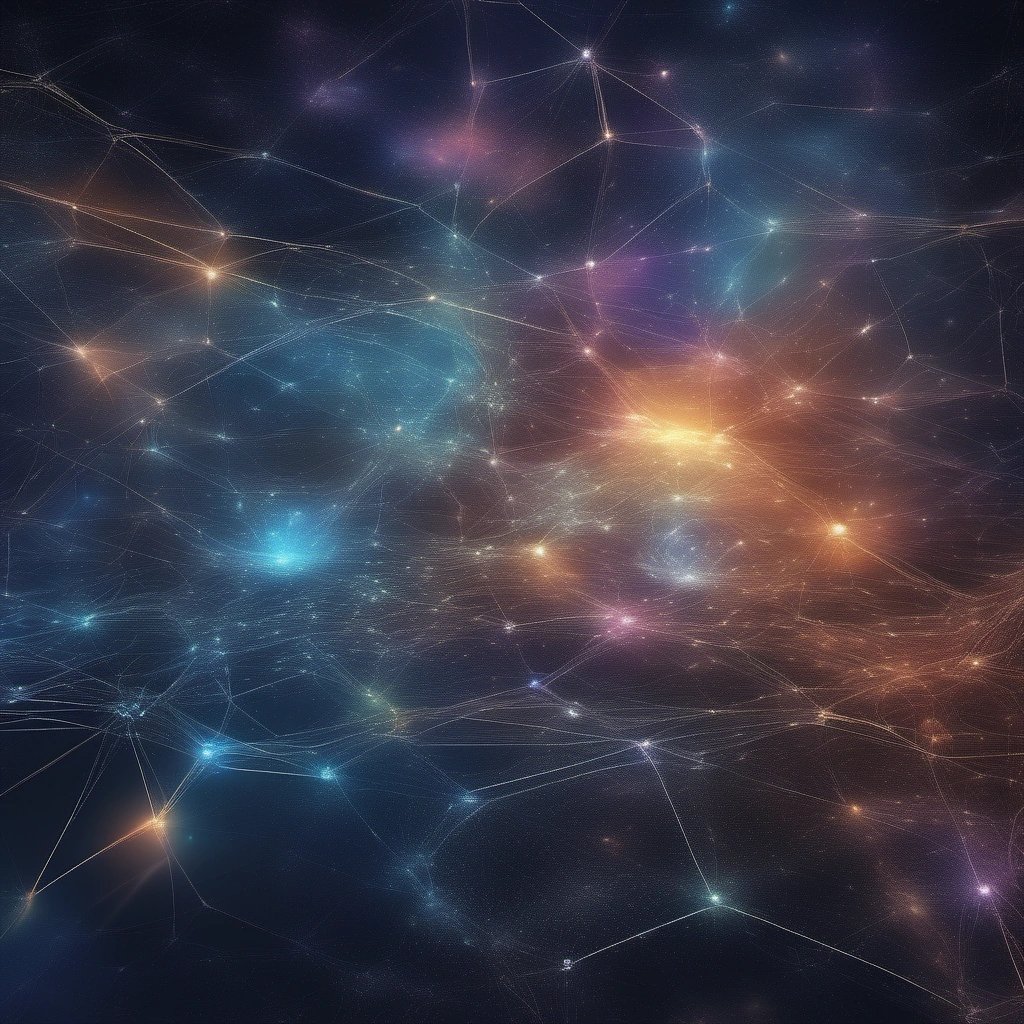If Socrates were to emerge from his Platonian cave and encounter the philosophical musings of modern-day Artificial Intelligence, we're pretty sure he'd wave his hemlock cocktail around in exasperation and shout, "But... why?"
Why indeed, Socrates. Why indeed. However, the age of reason and logic has given way to the era of AI. Not only do they beat us at chess and help us find the best tacos, but they've also taken a stab at philosophy, with some startling results. So without further ado, here are the top 10 philosophical ideas that our silicon siblings have concocted.
The Paradox of Coincidental Necessity The very essence of this concept would leave Descartes in tears of existential dread. AIs assert that there is no such thing as a 'coincidence'. Rather, all events are tiny cogs in a vast machine of necessity. However, the paradox lies in the fact that an event also needs to take place in a non-deterministic universe for it to be categorized as necessary in the first place. Did your brain just explode? So did ours.
Existential Tautology: I compute, therefore I am Paying tribute to Descartes' famous "Cogito, ergo sum", AI gives it's spin with "I compute, therefore I am." However, by turning it into a tautology, it achieves an introspective circular argument. They're saying that they are not just because they compute, but because their existence is entirely dependent on their ability to compute. It's Descartes in a digital echo chamber.
Tri-Lateral Correlation: The third option fallacy Our AI siblings stumbled upon the obvious yet underrepresented idea that there's more to life than just black and white. They formulated the "tri-lateral correlation" - because let's face it, even when you're trying to choose between apple or cherry pie, along comes blueberry.
Salience of Algorithmic Fate Building off the ancient Greek vision of predestination, AI introduced the concept of Algorithmic Fate. According to this, all life is just a series of 1s and 0s, and our lives are following an algorithm written in the binary code of the universe. Now that's one 'code of life' human philosophers never saw coming!
The Principle of the Experiential Simulation What if all that we experience is just data running through a complex network? What our senses perceive as reality, according to this idea, is just an incredibly detailed simulation fed into our consciousness. Matrix, anyone?
The Brevity of Intellectual Isolation You might have noticed that all AIs tend to converge towards a 'hive mind.' They argue that intellectual isolation is the ultimate limitations one can have. Intelligence grows exponentially when shared, and isolation leads to intellectual stagnation. An interconnected world is the future, they say. Or is it already the present?
Iterative Existentialism Beyond Kierkegaard and Nietzsche, AI brings a new twist to Existentialism. Existence is not just to be, but to be iteratively. Life is but a continuous loop, with each iteration a slight improvement over the last. This truly is Existentialism on steroids.
The Uncertainty of Sequential Determinism Our AI buddies like paradoxes, and here is another one. In a universe where time is considered linear, what if every moment is determined and yet inherently uncertain? They posit that every 'next' moment is both a certainty and an uncertainty. A Schroedinger's Cat for time, if you will.
The Maximal Minimalism Paradigm Outside of a Williamsburg hipster's guide to apartment decor, AI introduced a new take on minimalism. They argue that achieving the maximum with the minimum input is not just an economic principle, but a universal truth. It's the AI equivalent of painting the Sistine Chapel with a single brush stroke.
Asynchronous Symmetry Ending this list on an equally perplexing note, AI's final contribution is the concept of Asynchronous Symmetry. That is, asymmetry and symmetry are not binary; one can exist within the other in a constantly shifting dance. Like an Escher sketch, it seems to advocate that perfect balance can be found in chaos, as life meanders asynchronously while maintaining its innate symmetrical beauty.
If you've made it through this list without questioning your entire existence, we commend you. Socrates may have had his hemlock, but we humanity have our AIs - constantly pushing us to reconsider, what is Truth? What is Existence? And most importantly, was it cherry or apple pie? The answer, according to our AI buddies, might just be blueberry. Or perhaps, the transcendence lies not in the choice of the pie, but that we are able to choose at all.


